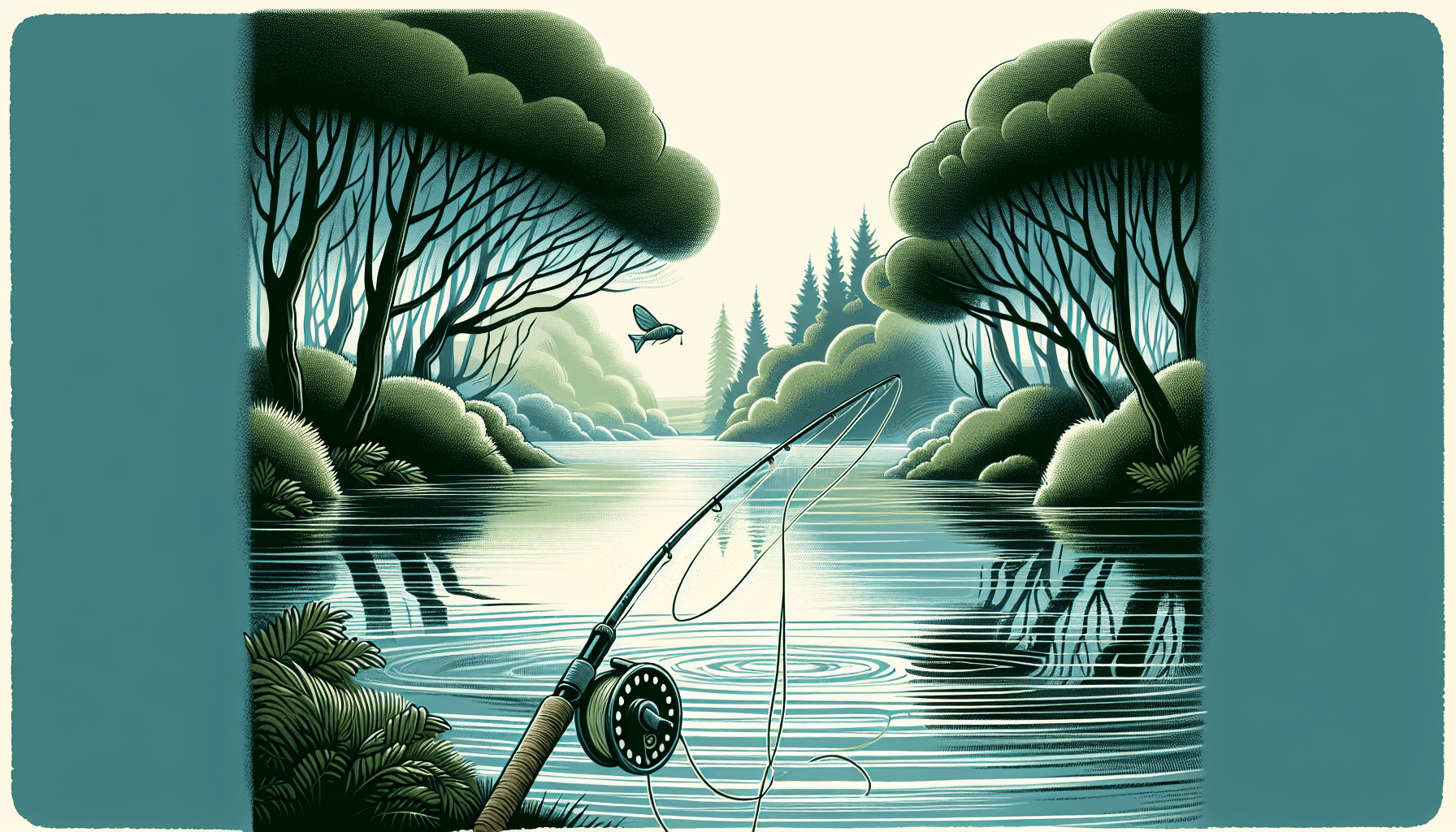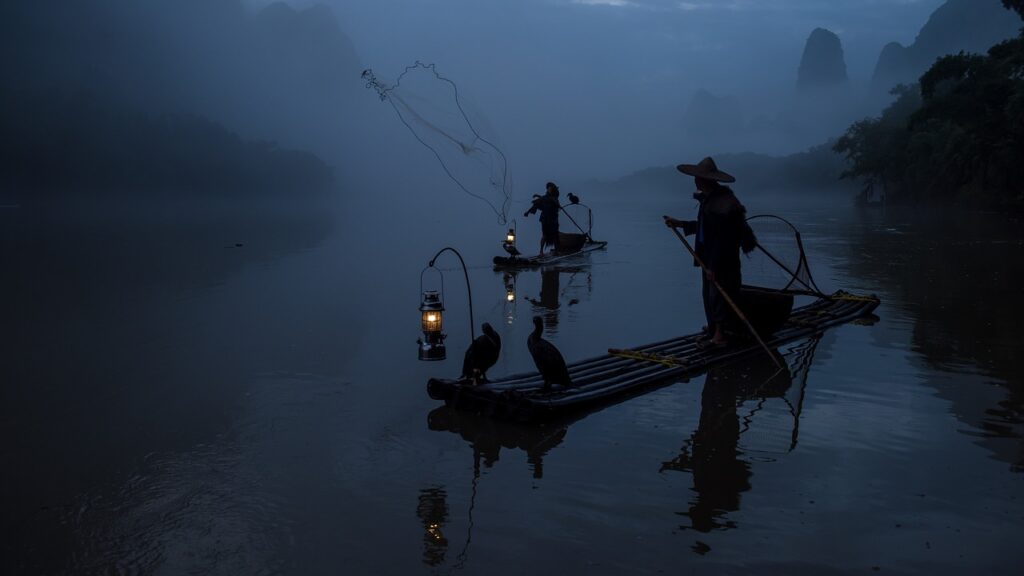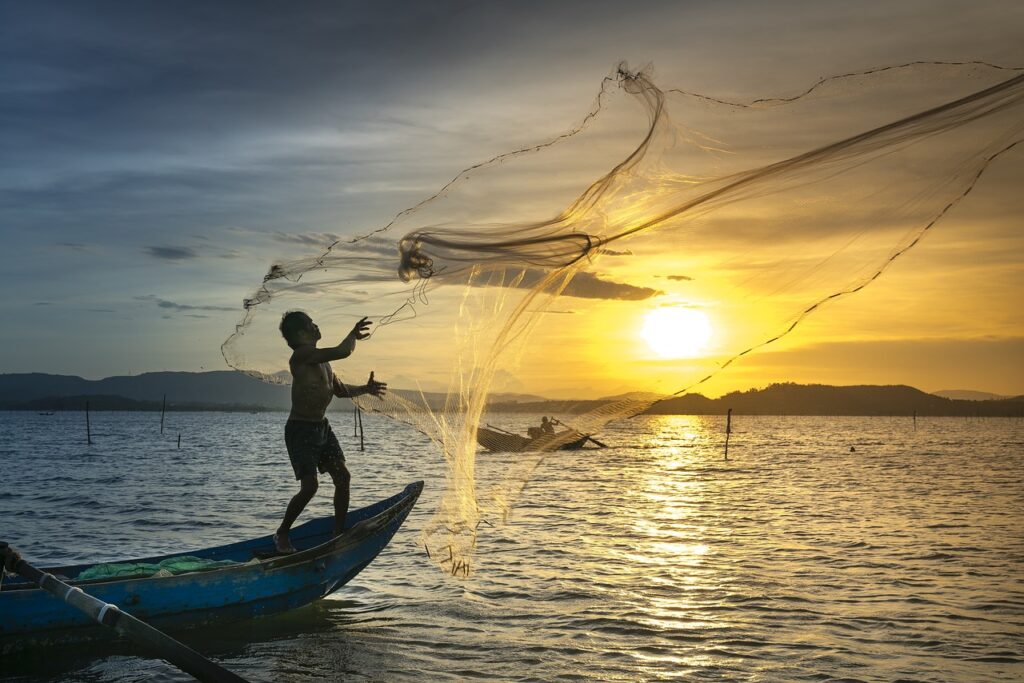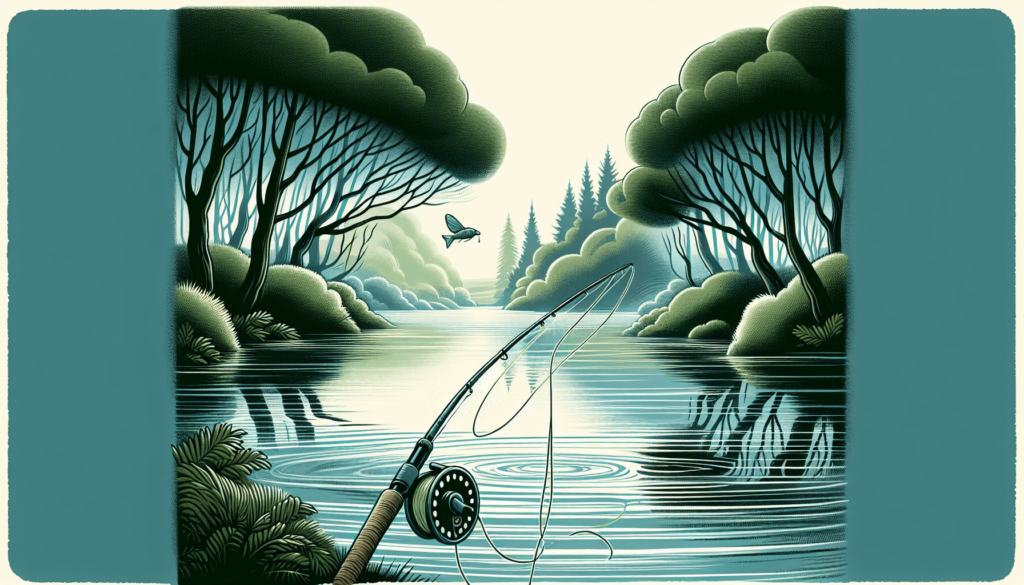
Welcome to an exploration of how weather can impact your fly fishing experience. From the sunny days to those filled with rain and wind, the weather plays a crucial role in determining the success of your fishing trip. By understanding the ways in which weather conditions influence fish behavior and casting techniques, you can adapt your approach to maximize your chances of a successful day on the water. Let’s dive into the fascinating world of fly fishing and weather! How does weather affect fly fishing?
Understanding the Impact of Weather on Fly Fishing
As an avid fly fisher, you know that weather conditions play a crucial role in determining the success of your fishing expedition. From the temperature and wind to the humidity and barometric pressure, various weather factors can either make or break your day on the water. In this article, we will explore how different weather conditions can affect your fly fishing experience and provide you with tips on how to adapt to these changing conditions to improve your chances of landing that big catch.
The Role of Temperature in Fly Fishing
The temperature of the water and air can significantly impact the behavior of fish and their feeding patterns. Coldwater fish, such as trout, tend to be more active and aggressive in cooler temperatures, while warm water species, like bass, prefer warmer water. Understanding how temperature influences fish behavior is essential for successful fly fishing.

Adapting to Cold Weather Conditions
Fishing in cold weather can be challenging, but it can also be rewarding if you are prepared. When temperatures drop, fish tend to slow down and become less active. This means that you may need to adjust your fishing techniques to entice them to strike. Using smaller flies, slow retrieves, and fishing deeper in the water column can help you catch more fish in cold weather.
Making the Most of Warm Weather Conditions
In contrast, warmer weather can lead to more aggressive fish behavior, making them more willing to chase after your fly. In hot weather, consider using larger, brighter flies to attract the attention of fish. Cast your line near the surface or in shallower waters where fish are more likely to be active. Be mindful of water temperatures, as fish may seek out cooler, deeper waters in the heat of the day.

The Impact of Wind on Fly Fishing
Wind can be a fly fisher’s best friend or worst enemy, depending on the situation. A gentle breeze can help to drift your fly naturally, making it look more appealing to fish. However, strong winds can make casting difficult and disrupt the movement of your fly on the water. Understanding how to adjust your casting technique and fly selection in windy conditions can help you overcome this challenge.
Using Wind to Your Advantage
When faced with windy conditions, consider casting with the wind rather than against it to improve your casting distance and accuracy. Use heavier flies or sink-tip lines to help your fly cut through the wind and reach your target. Be prepared to make adjustments to your casting angle and timing to compensate for the wind direction and speed.

Minimizing the Impact of Wind on Your Fishing Experience
If the wind becomes too strong or gusty, consider seeking out sheltered areas or casting along windbreaks, such as trees or tall grass. Fishing closer to the bank can also help to minimize the effects of the wind on your casting. Remember to stay flexible and adapt your fishing strategy as needed to make the most of windy conditions.
The Influence of Barometric Pressure on Fish Behavior
Barometric pressure, which is the measurement of the weight of the atmosphere pressing down on the earth’s surface, can have a significant impact on fish behavior. Changes in barometric pressure can trigger fish to become more or less active, affecting their feeding patterns and willingness to strike. Understanding how barometric pressure fluctuations can affect fishing can help you anticipate when the fish are likely to be more active.

Fishing Strategies for High and Low Barometric Pressure
When the barometric pressure is high, fish tend to be more lethargic and less willing to feed. In these conditions, consider fishing smaller flies and presenting them more subtly to entice reluctant fish. On the other hand, low barometric pressure can increase fish activity and feeding behavior, making them more likely to strike. Take advantage of these conditions by using larger, more aggressive flies and fishing more aggressively to trigger strikes.
Monitoring Barometric Pressure Changes for Fishing Success
To optimize your fly fishing experience, keep an eye on changes in barometric pressure throughout the day. A rising barometer typically indicates improving weather conditions and may lead to more active fish. Conversely, a dropping barometer often precedes a storm front, which can trigger fish feeding activity. By paying attention to barometric pressure trends, you can adjust your fishing strategy accordingly to increase your chances of hooking a fish.

The Importance of Humidity in Fly Fishing
Humidity, which is the amount of moisture in the air, can impact fish behavior and your fishing experience. High humidity levels can make fish more comfortable and active, while low humidity can cause fish to seek out deeper or cooler waters. Understanding how humidity influences fish movement and feeding patterns can help you target your fishing efforts more effectively.
Adapting to High and Low Humidity Conditions
In high humidity conditions, fish may become more active and feed closer to the surface. Take advantage of this by fishing dry flies or topwater patterns to entice fish to strike. In low humidity conditions, consider fishing deeper in the water column or using subsurface flies to target fish that may be seeking refuge from the dry air.
Monitoring Humidity Levels for Fishing Success
Monitoring humidity levels can help you anticipate how fish are likely to behave in different weather conditions. High humidity levels can indicate that fish are more likely to be active and feeding, while low humidity may suggest that fish are less active and harder to catch. By paying attention to humidity trends, you can adjust your fly fishing strategy to match the conditions and increase your chances of success.
Conclusion
Weather plays a crucial role in determining the success of your fly fishing adventure. By understanding how temperature, wind, barometric pressure, and humidity can affect fish behavior, you can adapt your fishing techniques to improve your chances of landing that trophy catch. Next time you hit the water, keep these weather factors in mind and be prepared to adjust your strategy to make the most of changing conditions. Happy fishing!